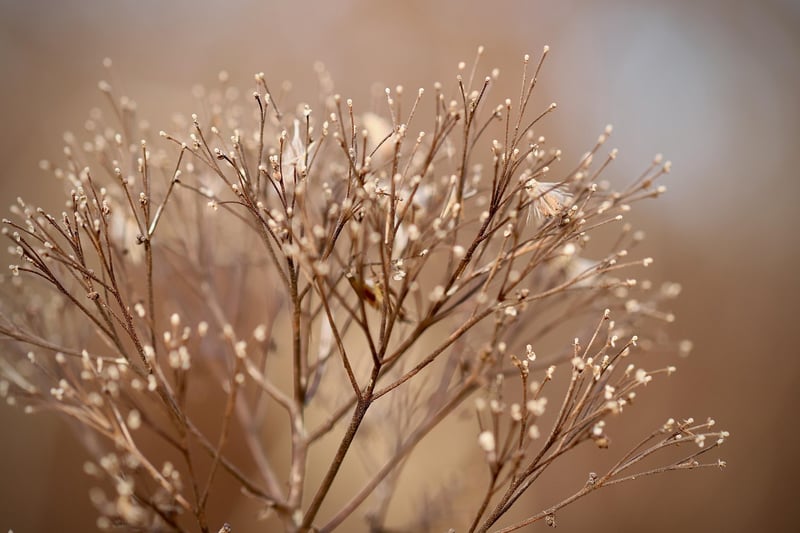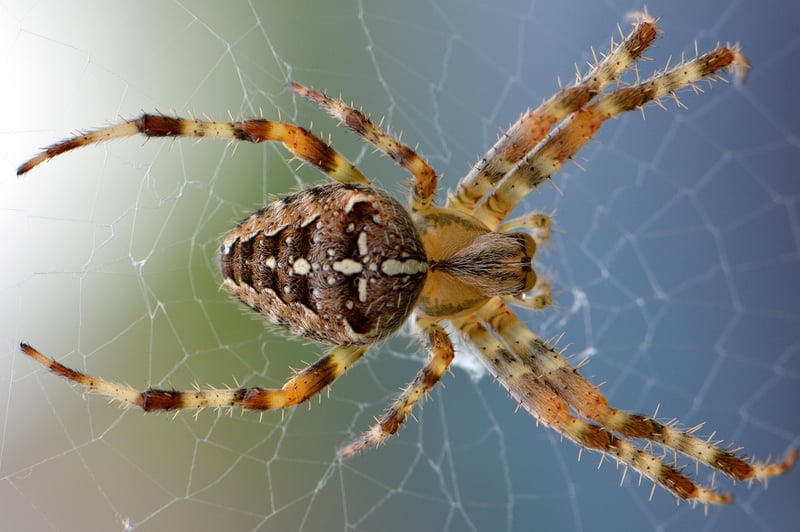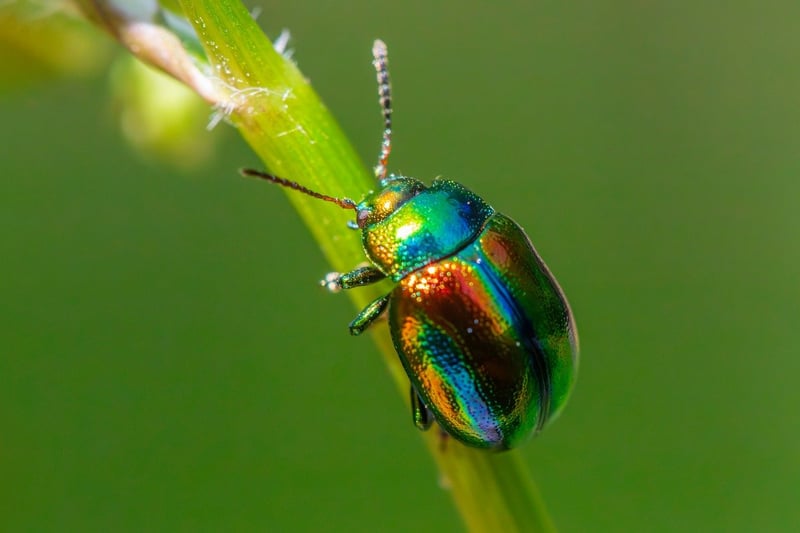Pest Management
Nurturing Plants and Pest Management Guide
Nurturing Plants
Whether you're a seasoned gardener or just starting out, nurturing plants requires attention and care. Here are some essential tips to help your plants thrive:
1. Choose the Right Plants
Before planting, research the plants that are suitable for your climate and soil type. This will ensure they have the best chance of flourishing.
2. Provide Adequate Water
Water your plants regularly, but be careful not to overwater. Different plants have varying water needs, so it's essential to understand the requirements of each species.
3. Ensure Proper Sunlight
Most plants need sunlight to grow. Place your plants in locations where they can receive adequate sunlight based on their specific needs.
4. Use Quality Soil
Good quality soil provides essential nutrients for plant growth. Consider using organic soil or adding compost to improve soil quality.
Pest Management
Dealing with pests is a common challenge for plant enthusiasts. Here are some natural methods to manage pests effectively:
1. Companion Planting
Planting certain species together can help deter pests. For example, marigolds can repel aphids when planted near tomatoes.
2. Neem Oil Spray
Neem oil is a natural insecticide that can help control common garden pests like aphids, mites, and whiteflies.
3. Handpicking Pests
Inspect your plants regularly and remove pests by hand. This method is effective for larger pests like caterpillars and beetles.
4. Beneficial Insects
Encourage beneficial insects like ladybugs and lacewings in your garden. These insects feed on pests, helping to keep their populations in check.
By following these tips for nurturing plants and implementing natural pest management strategies, you can maintain a healthy and thriving garden.


